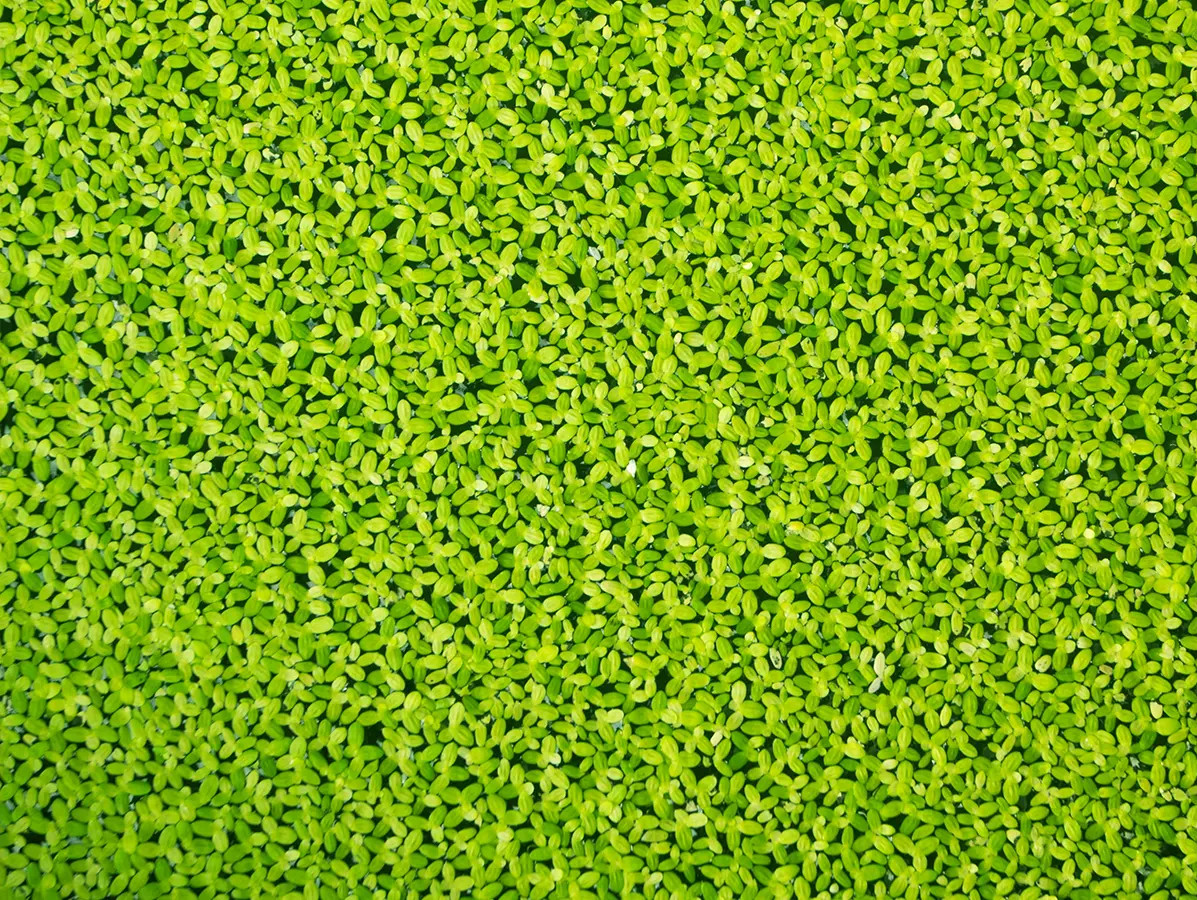
The research project ‘Duurzame eiwitten: Eendje meer’ is exploring the potential of duckweed as a protein source. Five Dutch universities of applied sciences are collaborating with companies and experts to optimize the cultivation and processing of this fast-growing plant. Duckweed is known for its high protein content and efficient cultivation, making it an attractive option for the food industry.
Duckweed offers a much higher yield per hectare compared to traditional protein sources and can be grown within existing farming systems, such as those used for flower bulbs, during periods when these systems would otherwise remain unused. This provides a sustainable alternative and additional income for farmers. However, processing presents certain challenges. The research focuses on techniques to stabilize duckweed and make it suitable for consumption. Mike van ’t Land from HAS green academy explains that drying is essential to prevent spoilage and preserve nutritional value. Various drying techniques, including refractance window drying and agitated thin film drying, are being tested for cost efficiency and effectiveness.
One of the challenges is the smell of the final product. Friso van Assema from consortium partner Bodec notes that the dried product still has a grassy odor, which poses a hurdle for wider acceptance. The green color of duckweed powder is another point of concern, as the industry often prefers neutral-colored products. Researchers and students are working on solutions to improve these characteristics without compromising nutritional value.
In addition to the technical aspects, knowledge transfer also plays an important role in the project. Students from the participating universities of applied sciences are actively involved and contribute to innovative solutions. This not only drives technological progress but also inspires the next generation to embrace sustainable protein sources.
Source: HAS